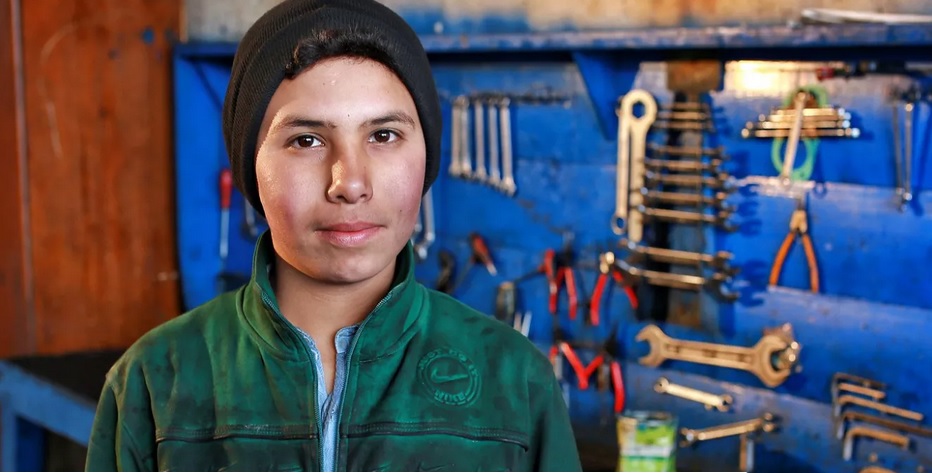However, the report, titled Global Employment Trends for Youth 2024 (GET for Youth), cautions that the number of 15- to 24-year-olds who are not in employment, education or training (NEET) is concerning, and that the post-COVID 19 pandemic employment recovery has not been universal. Young people in certain regions and many young women are not seeing the benefits of the economic recovery.
The 2023 youth unemployment rate, at 13 per cent, equivalent to 64.9 million people, represents a 15-year low and a fall from the pre-pandemic rate of 13.8 per cent in 2019. It is expected to fall further to 12.8 per cent this year and next. The picture, however, is not the same across regions. In the Arab States, East Asia and South-East Asia and the Pacific, youth unemployment rates were higher in 2023 than in 2019.
The GET for Youth also cautions that young people face other “headwinds” in finding success in the world of work. It notes that too many young people across the globe are NEET and opportunities to access decent jobs remain limited in emerging and developing economies. One in five young people, or 20.4 per cent, globally were NEET in 2023. Two in three of these NEETs were female.
For the youth who do work, the report notes the lack of progress in gaining decent jobs. Globally, more than half of young workers are in informal employment. Only in high- and upper-middle-income economies are the majority of young workers today in a regular, secure job. And three in four young workers in low-income countries will get only a self-employed or temporary paid job.
The report cautions that the continuing high NEET rates and insufficient growth of decent jobs are causing growing anxiety among today’s youth, who are also the most educated youth cohort ever.
The ILO report calls for greater attention on strengthening the foundations of decent work as a pathway to countering young people’s anxieties about the world of work and reinforcing their hope for a brighter future.
“None of us can look forward to a stable future when millions of young people around the world do not have decent work and as a result, are feeling insecure and unable to build a better life for themselves and their families. Peaceful societies rely on three core ingredients: stability, inclusion, and social justice; and decent work for the youth is at the heart of all three,” explained Gilbert F. Houngbo, ILO Director-General.
Moreover, the report finds that young men have benefited more from the labour market recovery than young women. The youth unemployment rates of young women and young men in 2023 were nearly equal (at 12.9 per cent for young women and 13 per cent for young men), unlike the pre-pandemic years when the rate for young men was higher. And the global youth NEET rate of young women doubled that of young men (at 28.1 per cent and 13.1 per cent, respectively) in 2023.















